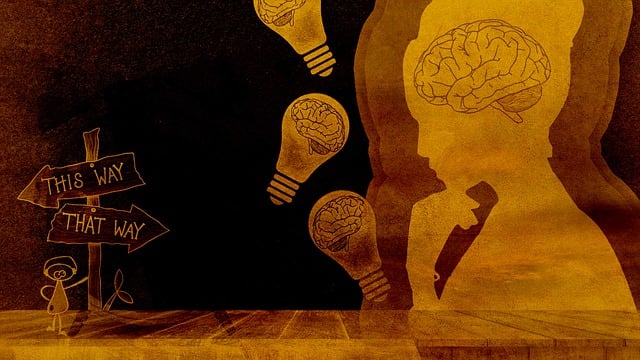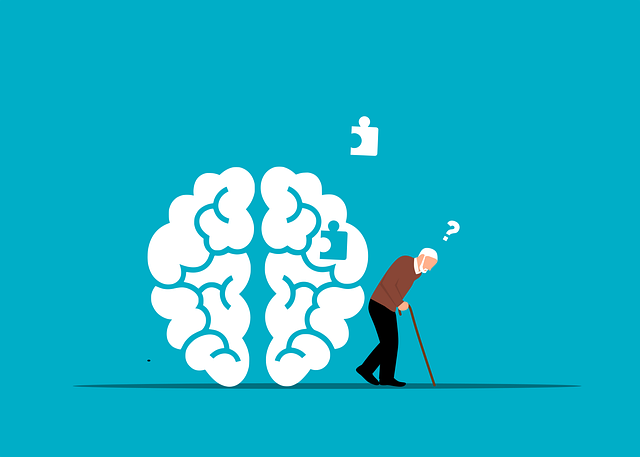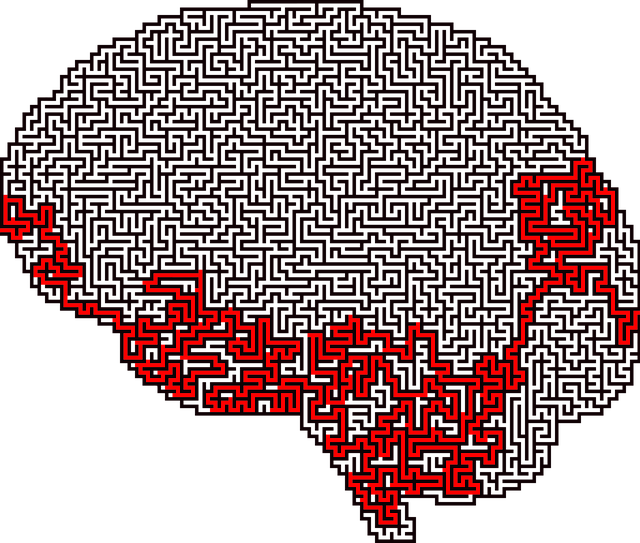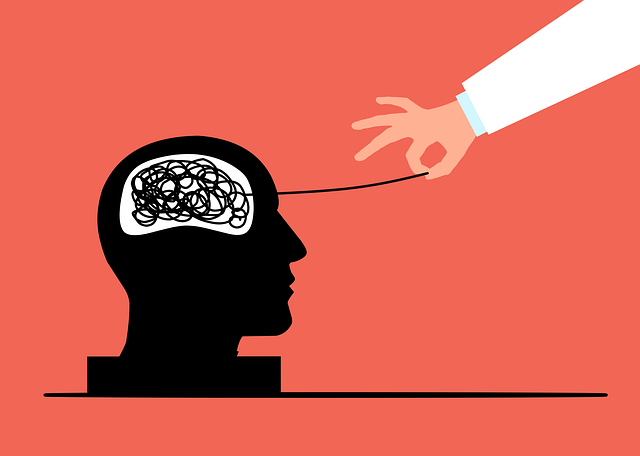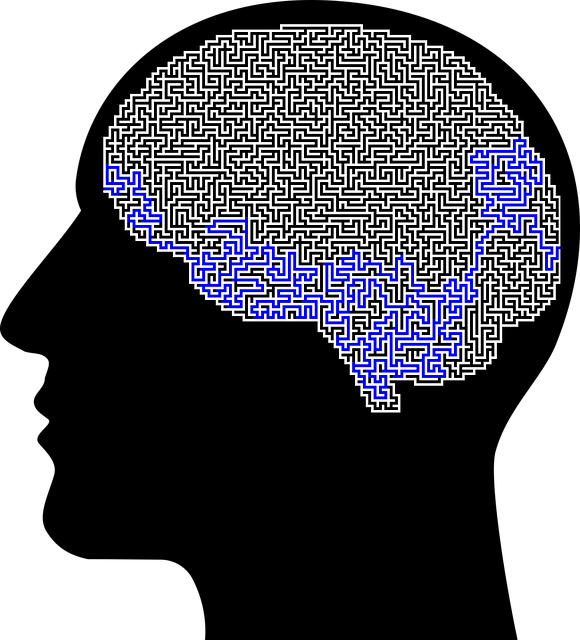Northglenn Cancer Issues Therapy offers evidence-based workshops integrating neuroscience and psychology to teach effective coping mechanisms for stress, anxiety, and depression. Their holistic approach focuses on mind, body, and environment, empowering individuals to manage emotional states and enhance well-being. By fostering resilience and promoting equilibrium, the center supports folks in navigating life's challenges with strength and adaptability, significantly improving the quality of life for cancer patients through comprehensive therapy options.
Mood regulation is a complex yet essential aspect of well-being, especially for those facing challenges like cancer. This article explores various strategies to manage and enhance mood, focusing on practical approaches that can be integrated into daily life. We delve into the mind’s intricacies, highlighting therapeutic methods proven effective by organizations like Northglenn Cancer Support. By understanding these techniques, individuals can navigate their emotional journey with greater stability during difficult times.
- Understanding Mood Regulation: Unraveling the Complex Mind
- Northglenn Cancer Support: Therapeutic Approaches to Mood Management
- Practical Strategies for Daily Mood Enhancement and Stability
Understanding Mood Regulation: Unraveling the Complex Mind

Understanding Mood Regulation involves delving into the complex interplay of our minds, bodies, and environments. Our emotional states aren’t simply reactions to external stimuli; they’re shaped by a web of neurological, psychological, and even hormonal factors. At Northglenn Cancer Issues Therapy, we recognize that mood regulation is a fundamental aspect of overall well-being. It’s about more than just feeling happy; it encompasses the ability to manage and adapt to various emotional states throughout life’s challenges.
By integrating insights from fields like neuroscience and psychology, our Stress Management Workshops Organization offers valuable tools for navigating emotional landscapes. Crisis Intervention Guidance plays a pivotal role in teaching individuals effective coping mechanisms for dealing with stress, anxiety, and depression. Through these strategies, we empower folks to take charge of their mental health, fostering resilience and promoting a sense of equilibrium that transcends the ups and downs of daily life.
Northglenn Cancer Support: Therapeutic Approaches to Mood Management

Northglenn Cancer Support offers a range of therapeutic approaches to help individuals manage their moods during and after cancer treatment. These strategies are vital in navigating the emotional challenges that often accompany cancer issues, such as stress management and depression prevention. The center’s expert team employs evidence-based techniques tailored to each patient’s unique needs.
Through various therapeutic interventions, Northglenn Cancer Support aims to reduce the impact of mental illness stigma and promote overall well-being. By fostering a supportive environment, they empower patients to develop coping mechanisms that can enhance their resilience. These efforts contribute significantly to improving the quality of life for those facing cancer, ensuring they receive holistic care that addresses both physical and emotional aspects of their journey.
Practical Strategies for Daily Mood Enhancement and Stability

Incorporating practical strategies into your daily routine can significantly enhance and stabilize your mood, fostering overall well-being. Activities such as regular physical exercise, known to release endorphins that promote a sense of happiness and relaxation, can be easily integrated into one’s schedule. Additionally, mindfulness practices like meditation or deep breathing exercises have been proven effective in managing stress and improving emotional balance. These techniques encourage individuals to stay present, cultivating inner strength and resilience.
Northglenn Cancer Issues Therapy offers valuable resources for those seeking support. Through coping skills development and stress reduction methods, individuals can learn to navigate challenging situations with greater ease. Building a routine that includes engaging hobbies, quality social connections, and sufficient sleep also contributes to mood regulation. By prioritizing self-care and adopting these practical strategies, one can achieve a more stable and positive emotional state, enhancing overall life satisfaction.
Mood regulation is a multifaceted aspect of mental health, especially relevant in managing conditions like cancer. As discussed, understanding mood dynamics is key to enhancing well-being. Northglenn Cancer Support offers valuable therapeutic approaches, demonstrating the importance of specialized care in this domain. By combining professional guidance with practical daily strategies, individuals can effectively navigate and manage their moods, finding stability amidst life’s challenges, including cancer-related issues. These integrated therapy methods hold promise for improving quality of life, as recognized by Northglenn Cancer Issues Therapy initiatives.






